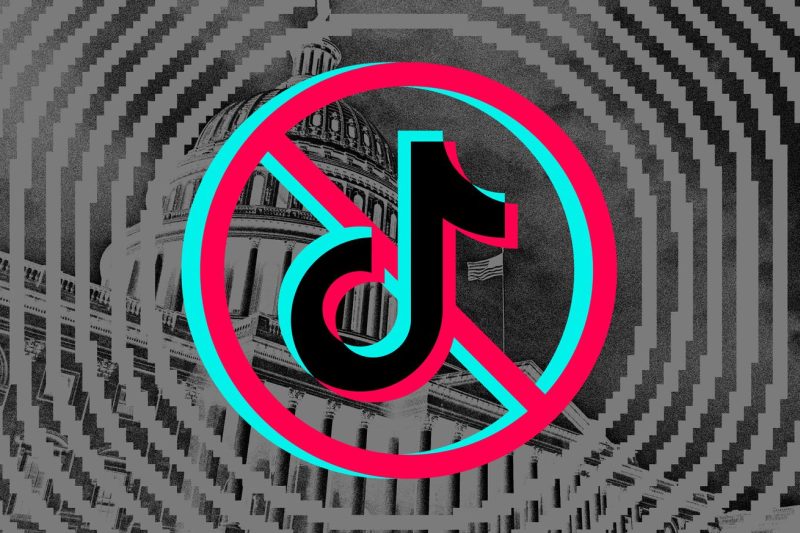
TikTok Ban Sweeps House Approval, Headed to Senate in International Aid Bundle!
The recent development of the TikTok ban passing in the House and moving to the Senate as part of a foreign aid package has ignited discussions and speculation across various platforms. This move is expected to have far-reaching implications not only for the popular social media platform but also for the broader landscape of tech regulation and national security.
The TikTok ban, which has been a subject of debate for quite some time, represents the latest chapter in the ongoing tensions between the United States and China. The concerns raised by lawmakers regarding TikTok’s data privacy practices and its potential ties to the Chinese government have been central to the push for its ban. This development underscores the growing focus on addressing national security threats posed by foreign-owned tech companies.
The decision to include the TikTok ban in a foreign aid package demonstrates a strategic approach by lawmakers to leverage legislative opportunities to advance their policy objectives. By bundling the ban with foreign aid, proponents of the measure may seek to garner broader support among members of Congress who are focused on national security and foreign relations issues.
However, the inclusion of the TikTok ban in a foreign aid package also raises questions about the scope and implications of such a measure. Critics argue that linking domestic tech regulation to foreign policy initiatives could blur the lines between national security concerns and economic interests. Additionally, some have expressed concerns about the potential impact on diplomatic relations with China and broader implications for international trade and cooperation.
The move to advance the TikTok ban through the legislative process reflects the complex interplay between technology, national security, and geopolitics in the digital age. As countries grapple with the challenges posed by the globalized tech industry, the regulation of platforms like TikTok has become a focal point for policymakers seeking to safeguard national interests and data privacy.
In conclusion, the TikTok ban passing in the House and moving to the Senate in a foreign aid package marks a significant milestone in the ongoing efforts to address the national security implications of foreign-owned tech companies. The outcome of this legislative process will not only impact the future of TikTok but also set a precedent for how governments navigate the complexities of regulating the digital landscape in an increasingly interconnected world.
